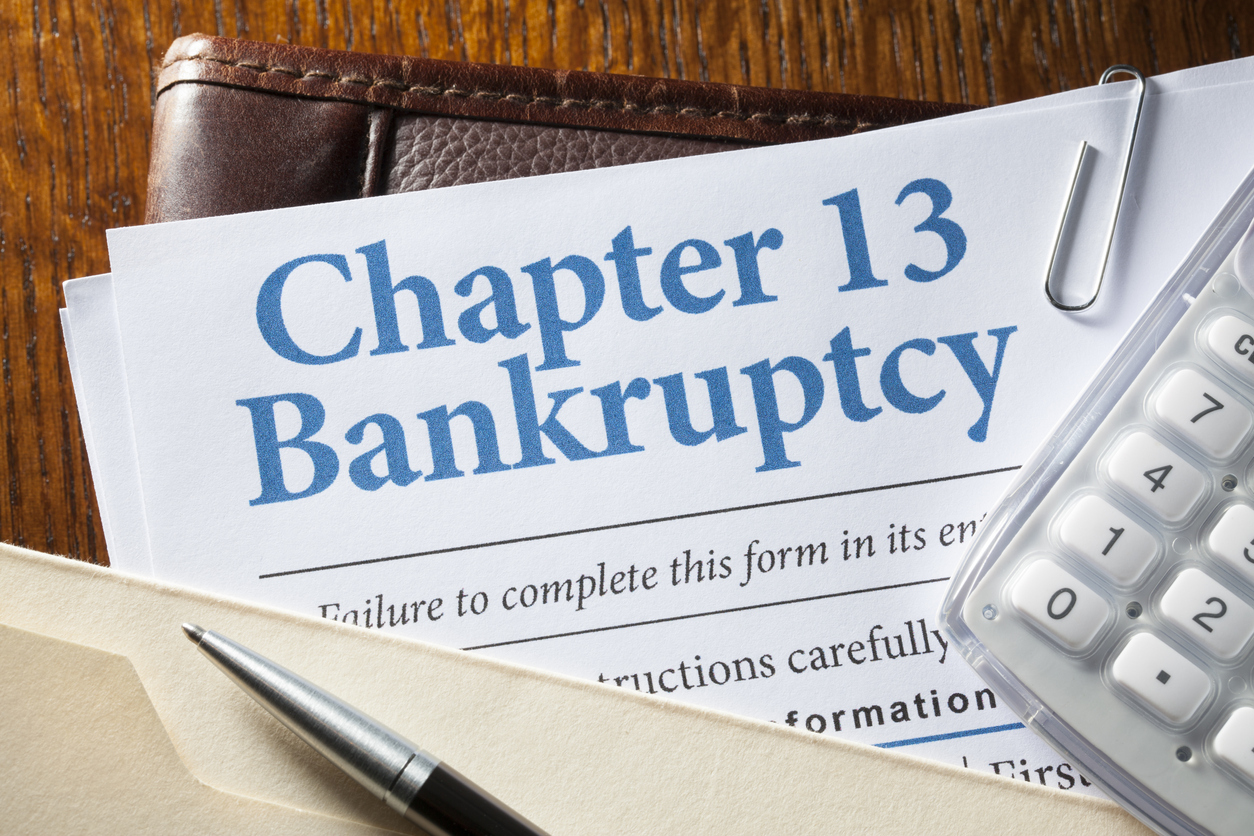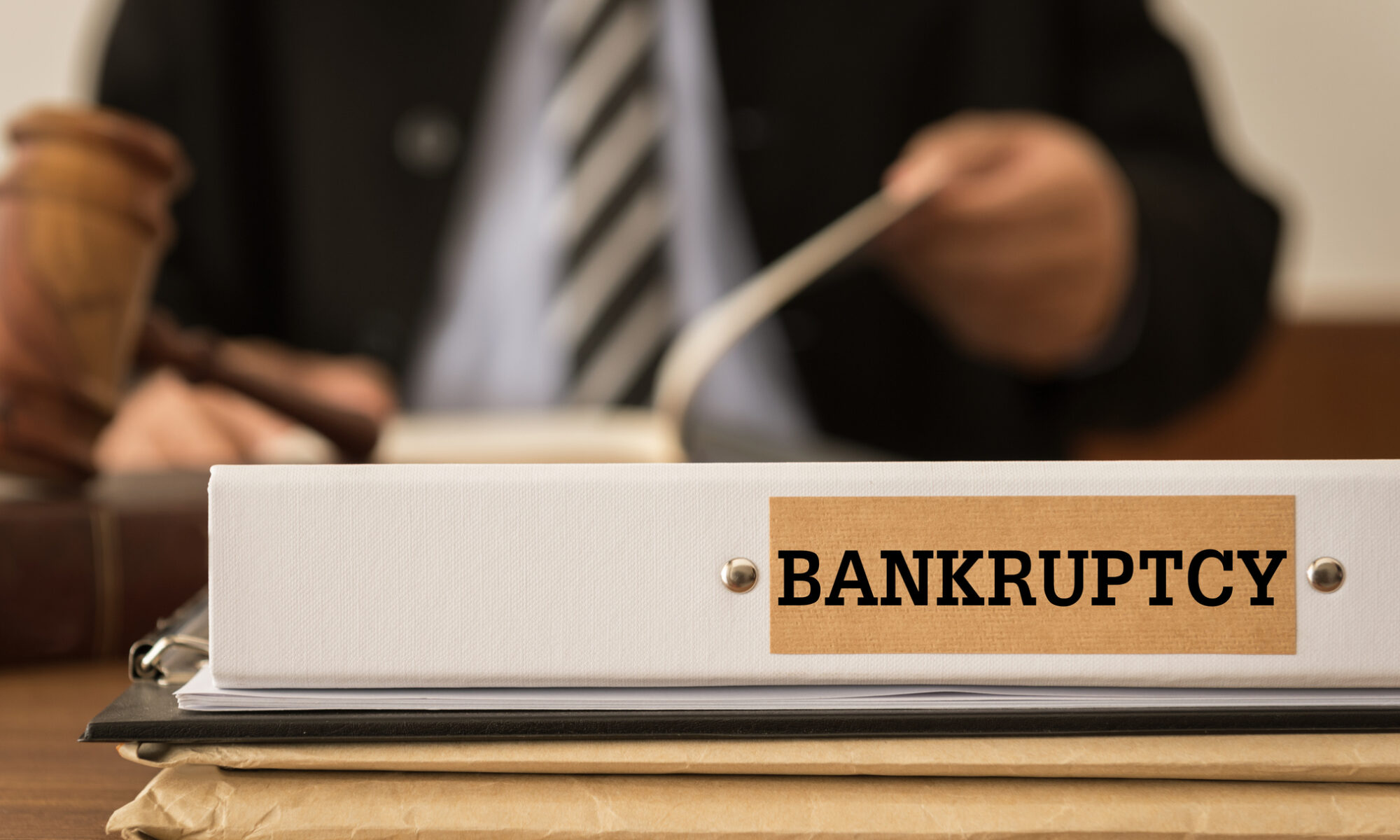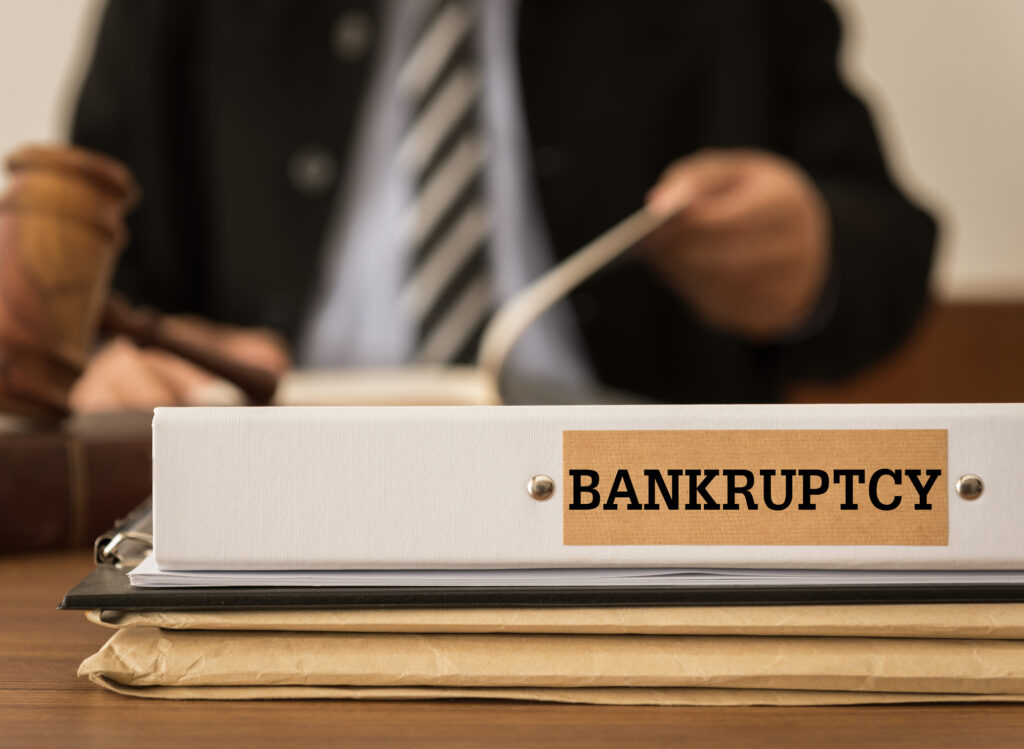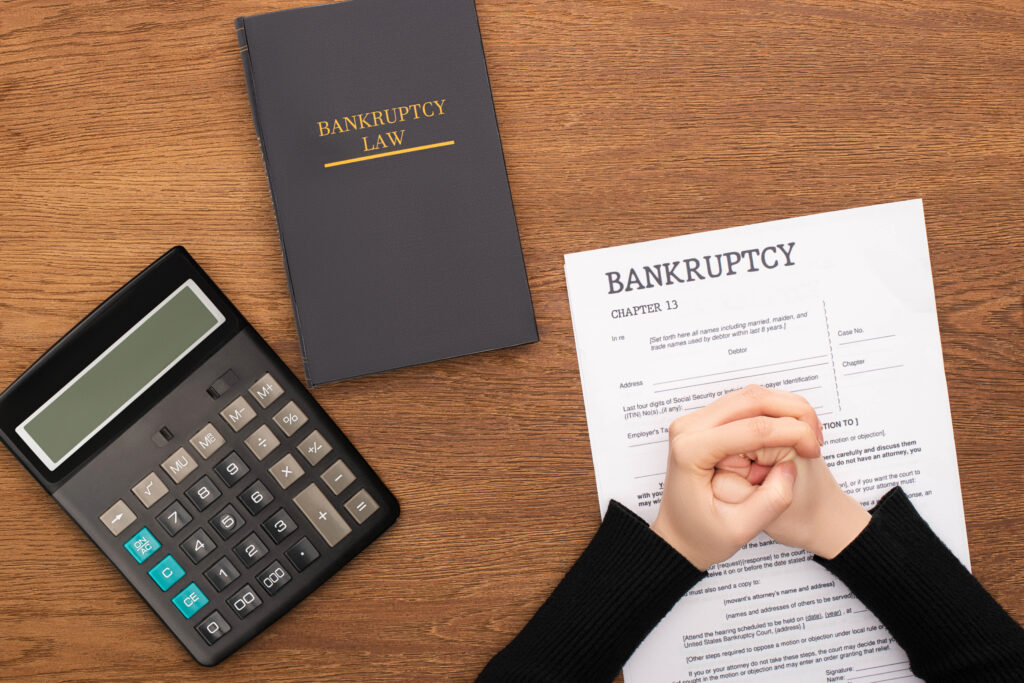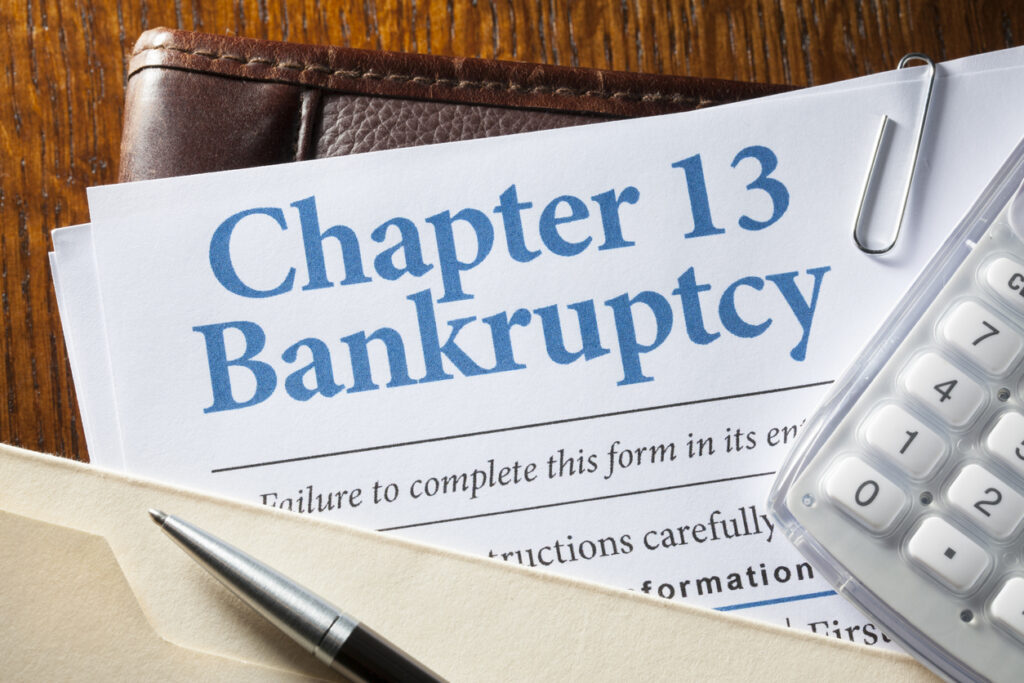
Bankruptcy is a legal procedure that provides relief to individuals or businesses who are unable to pay their debts. It allows them to reorganize their financial obligations and make a fresh start. Of the different types of bankruptcy, Chapter 13 is a unique one designed to benefit individuals with a regular income by allowing them to repay their debts over time. Here’s everything you should know about filing for Chapter 13 bankruptcy in Virginia.
Chapter 13 Bankruptcy
Chapter 13 bankruptcy, also known as a wage earner’s plan, is a form of bankruptcy that allows individuals with regular income to create a plan to repay all or part of their debts. Under this chapter, debtors propose a repayment plan to make installments to creditors over three to five years.
Unlike Chapter 7 bankruptcy, which involves liquidation of assets, Chapter 13 bankruptcy permits individuals to keep their property and repay creditors out of their future income. This aspect makes it a preferred choice for individuals who have valuable non-exempt property or significant equity in their home, which they want to keep.
Another significant feature of Chapter 13 bankruptcy is the ability to modify some creditor rights, such as reducing the amounts paid on certain debts or altering the terms of a home mortgage.
Reasons to File for Chapter 13 Bankruptcy
There are several reasons why individuals choose to file for Chapter 13 bankruptcy:
- Avoid foreclosure
- Consolidate debts
- Protection of non-exempt property
- Discharge certain debts that can’t be discharged in Chapter 7
Defining Your Eligibility for Chapter 13 Bankruptcy
Not everyone is eligible to file for Chapter 13 bankruptcy. There are specific criteria that need to be met:
Regular income: Individuals need to show that they have a regular income and are capable of meeting the payment obligations under a Chapter 13 plan.
Debt limits: There are debt limits for filing a Chapter 13 bankruptcy, which you must meet to be eligible.
Previous bankruptcy filings: Individuals cannot file for Chapter 13 bankruptcy if they have had a bankruptcy petition dismissed during the 180 days prior due to their failure to appear in court or comply with court orders.
Credit Counseling: Before filing for Chapter 13 bankruptcy, individuals must receive credit counseling from an approved credit counseling agency.
Chapter 13 Bankruptcy Process
Credit Counseling
Before you can file for Chapter 13 bankruptcy, you are required to complete a credit counseling course from an approved agency. This requirement aims to ensure that you are fully aware of alternatives to bankruptcy and that bankruptcy is the right choice for your financial situation.
Filing the Petition
Once you have completed credit counseling, the next step is to file a petition with the bankruptcy court serving your area. This petition initiates the bankruptcy process. Along with the petition, you must also file several other documents, including schedules of assets and liabilities, a schedule of current income and expenditures, a schedule of executory contracts and unexpired leases, and a statement of financial affairs.
Submitting a Repayment Plan
In addition to the documents mentioned above, you must also submit a proposed repayment plan. This plan should outline how you intend to pay off your debts over the next three to five years. The length of your repayment plan depends on your income relative to your state’s median income. If your income is below the median, you will have a three-year plan unless you request and justify a longer period. If your income is above the median, you will have a five-year plan.
Confirmation Hearing
After submitting your repayment plan, the bankruptcy court will hold a confirmation hearing. At this hearing, the court will decide whether your plan is feasible and meets the standards for confirmation set forth in the Bankruptcy Code. Creditors may also attend this hearing and object to the confirmation of your plan.
Making Plan Payments
If the court confirms your plan, you will begin making payments to a bankruptcy trustee. The trustee will distribute these payments to your creditors according to the terms of your plan.
Discharge
Once you have completed your repayment plan, the court will discharge the remaining balance of qualifying debts. This discharge releases you from the obligation to pay these debts and prevents creditors from taking any collection actions on these debts.
Determining Whether You Can Afford Your Chapter 13 Repayment Plan
When you file for Chapter 13 bankruptcy, you will need to submit a repayment plan to the court. This plan will outline how you intend to repay your debts over the next three to five years. Determining whether you can afford your proposed repayment plan is a crucial step in the bankruptcy process.
To determine whether you can afford your repayment plan, you will need to assess your income, expenses, and debts. Your income should be regular and sufficient to cover your necessary living expenses, such as food, housing, utilities, and transportation, as well as your proposed plan payments.
What to Do if You Can’t Pay Your Chapter 13 Repayment Plan
If you are struggling to make your Chapter 13 plan payments, it’s crucial to take action as soon as possible. Here are some options you may consider:
- Modify Your Plan
- Convert to Chapter 7
- Dismiss Your Case
Benefits of Speaking with a Bankruptcy Lawyer
Navigating the bankruptcy process can be complicated and overwhelming. Speaking with a bankruptcy lawyer can provide numerous benefits:
Professional Advice
A bankruptcy lawyer can provide you with professional advice on whether bankruptcy is the best option for you, which type of bankruptcy to file, and how to navigate the bankruptcy process.
Understanding of Bankruptcy Laws: Bankruptcy laws are complex and vary by state. A bankruptcy lawyer has the knowledge and experience to understand these laws and can ensure that you are following all legal requirements.
Assistance with Paperwork
Filing for bankruptcy involves a significant amount of paperwork. A bankruptcy lawyer can help you accurately and completely fill out all necessary documents.
Representation in Court
If you need to attend a court hearing during your bankruptcy case, a bankruptcy lawyer can represent you and advocate on your behalf.
Contact The Law Offices of Robert S. Brandt to Get an Initial Consultation on Chapter 13 Bankruptcy in Virginia
If you’re considering bankruptcy, the Law Offices of Robert S. Brandt can provide the expert advice and guidance you need. Our team has extensive experience in helping individuals navigate the bankruptcy process and can help you understand your options and make informed decisions about your financial future.
To get started, contact us to schedule an initial consultation.

